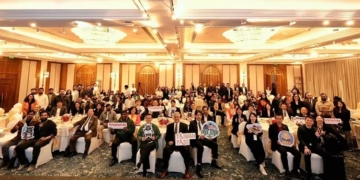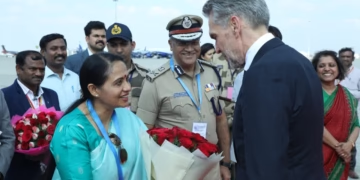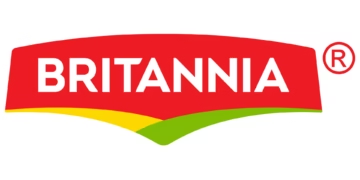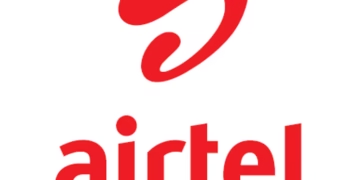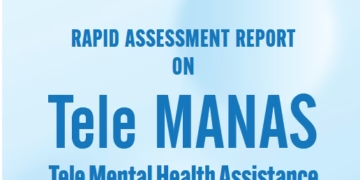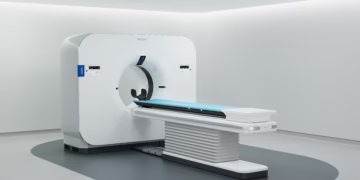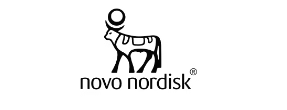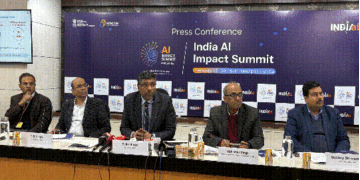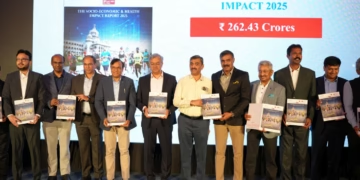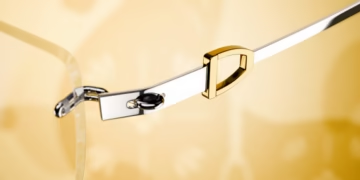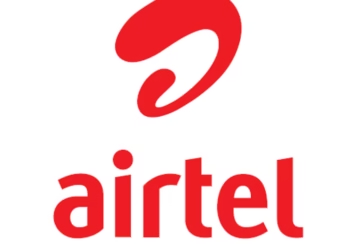April 24, 2018
Amsterdam, the Netherlands – This World Allergy Week (April 22 – 28) and World Asthma Day (May 1), Royal Philips (NYSE: PHG, AEX: PHIA), a global leader in health technology, is helping parents take charge of their children’s asthma and allergy symptoms through awareness initiatives in more than 20 countries worldwide. The company today also announced its partnership with the Medical University of Vienna for a 3-day pollen forecast on the Air Matters app, which retrieves its data from global pollen measurement sites, including the new measurement station at Philips’ Drachten site in the Netherlands.
Asthma and allergies in children are prevalent globally, with research confirming that 14% of children under the age of 18 worldwide experience asthma symptoms [1], and 1 in 8 children globally suffer from allergic rhinitis, such as hay fever [2]. In more than 80% of the children, their asthma is allergic and gets triggered by allergens [3], such as pollen, house dust, mold or flakes of skin from pets. Parents know that asthma and allergies can complicate even the simplest activities for their children, as these respiratory conditions can leave them feeling run down, uncomfortable and even upset.
Breathing good quality air makes a substantial difference for asthma and allergy sufferers. For better awareness of air quality, Philips collaborates with Air Matters, a free app that can be used around the world. Monitoring in real time from more than 10,000 monitoring stations in over 50 countries, the app provides information on indoor and outdoor air quality, including outdoor pollutant levels, and features a 7-day air quality forecast. The app also allows users to regulate the settings and the speed of their Philips air purifier, and provides information on its filter status.
At Philips, we understand parents of children with asthma and allergies want to ensure that they are comfortable so that they can get on with normal day-to-day life.
Roy Jakobs
Business Group Leader Domestic Appliances
Extended functionality: 3-day pollen forecast
Thanks to Philips’ collaboration with the Medical University of Vienna, users of the Air Matters app can now also benefit from extended functionality. The new pollen forecast provides the levels of different types of pollen for the next 3 days, including top allergens (such as birch, grass, olive, ragweed, mug wort and alder). This allergen information is available for app users in Europe and in the US [4].
The new Drachten measurement station, which was established with the expert guidance of the Leiden University Medical Center and the Technical University of Munich, will provide hay fever sufferers in the area with more precise and useful insights (previously this area was not or badly covered as the nearest pollen measurement station was approximately 200 km away), including predictive data on the levels of different types of pollen (made available through the Air Matters app). This information will help them better manage their symptoms. Philips will also use the station’s data to develop new air sensors and solutions within the field of air purification.“At Philips, we understand parents of children with asthma and allergies want to ensure that they are comfortable so that they can get on with normal day-to-day life,” said Roy Jakobs, Business Group Leader Domestic Appliances. “We work with globally-renowned experts in the field of asthma and allergy, and our range of air solutions have been carefully designed to help parents better manage the triggers that may aggravate their child’s symptoms. Whether equipping them with the information they need to take action and limit the impact of respiratory conditions on their child’s day to day activities, or enabling them to improve indoor air quality. We want parents to feel reassured that they can create a safe haven for their family, ensuring that they can get back to focusing on what matters most.”



